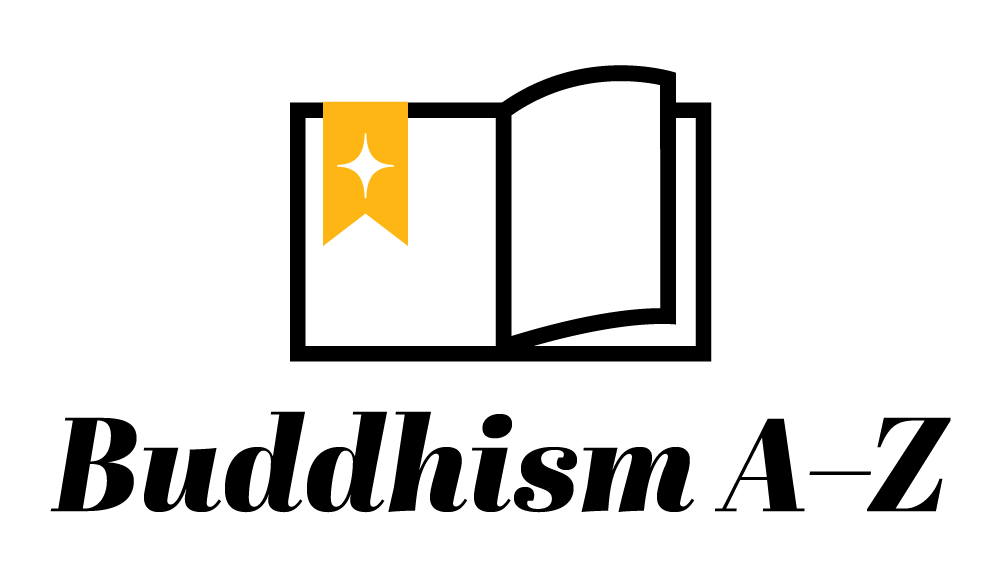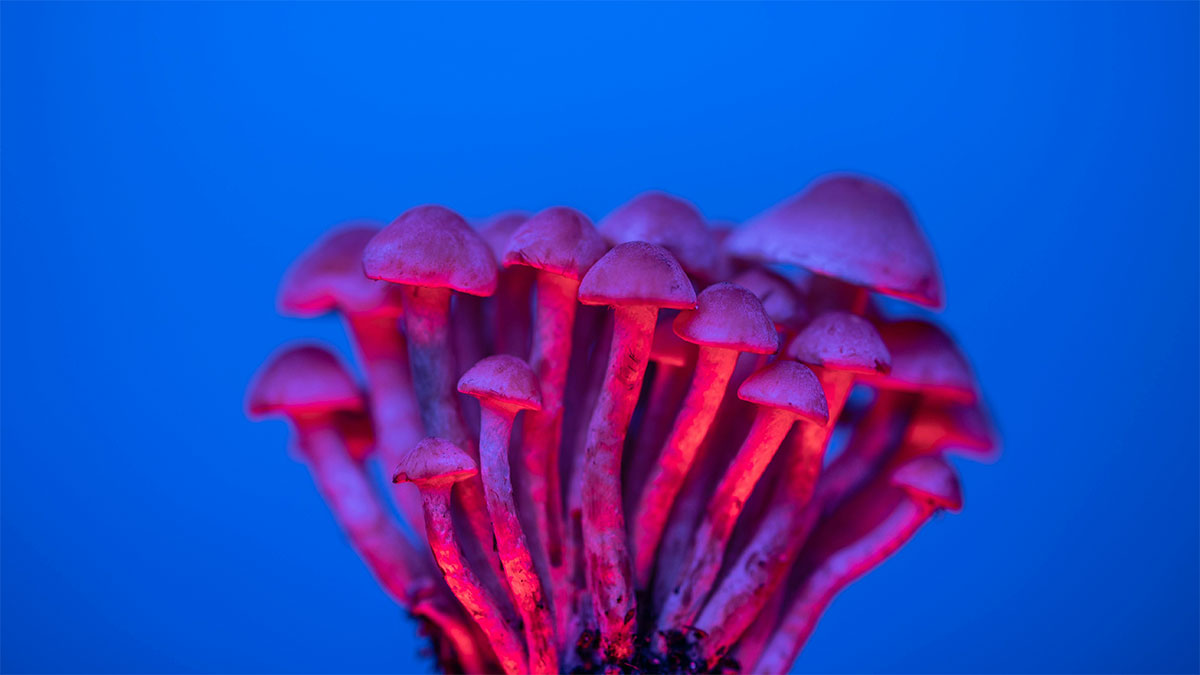Do psychedelic or psychoactive drugs serve a purpose in Buddhist practice? This is a highly controversial question in Buddhism today. There are some Buddhist clergy and teachers known to support the use of ayahuasca and similar substances, although they are a minority. More often, monastics and teachers consider psychoactive drug use to be a violation of the Fifth Precept, which calls for abstinence from intoxicating drinks or drugs that cloud the mind and lead to carelessness.
Is there a middle ground? One can find anecdotes suggesting that a psychedelic drug experience can lead to an initial realization of the unreality of appearance. Many teachers will tell you this insight still needs to be developed and integrated through traditional practice, however.
Historical Use of Drugs?
In ancient India, prior to Buddhism, Vedic rituals sometimes involved the use of a drink called soma. It is presumed that soma had psychoactive properties. However, scholars today can’t agree exactly what ingredients or processes were used to make soma.
Soma aside, there is also evidence of cannabis use in ancient Indian religion. It would seem that the use of psychoactive drugs was part of the religious landscape of India and would have been known to the Buddha. And you can find people who stoutly declare that such drug use was part of early Buddhism. However, the evidence for this is flimsy and not supported in the earliest scriptures, such as the Pali Canon.
Claims of entheogens – psychoactive substances approved for use in religious rituals – in early Vajrayana are somewhat more credible. Vajrayana Buddhism first emerged in India in the 1st millennium CE. Michael Crowley, a British-born lama associated with the Tibetan Kagyu tradition, has written books arguing that psychedelics played a role in the emergence of Vajrayana and was also part of earlier Buddhism. Some critics have said Lama Crowley’s thesis lacks scholarly rigor, but it’s not impossible.
Contemporary Interest and Exploration
The 1960s counterculture, in which the use of psychedelic drugs was common, coincided with popular interest in Asian religion, and the question of whether drugs were a shortcut to enlightenment was hotly debated. Many people associated with Zen at the time took positions both for and against drug use as part of practice.
One such person was Ray Jordan, who had been a student of Nyogen Senzaki (1876–1958). Jordan wrote an article for a journal called Psychologia that “LSD might be a useful aid both to the realization of prajna [wisdom], and to the development of meditation practice.” But later, he changed his mind after experiencing kensho (“seeing the true nature”) during an intensive meditation retreat. Realizations associated with LSD were “weak and dim compared to the reality and clarity of sesshin events,” he said. Perhaps in a few cases, drugs can give people their first glimpse of the Pure Buddha Land, but “from that point on, the psychedelics are of no value whatsoever insofar as the Way is concerned,” Jordan concluded.
After the 1960s, interest in psychedelics faded but never completely went away. And in recent years, claims for the power of psychedelics in practice have been on the rise again. As in the 1960s, it’s acknowledged that drug use might enable an initial experience of the unreality of appearance. But if there are those who have achieved complete, perfect enlightenment through drugs alone, they’ve stayed quiet about it.
Today, interest is growing in the use of psychedelics as an aid to psychotherapy. Some Buddhists suggest that a meditation practice provides a helpful foundation for the use of psychedelics in self-development and have been among the leaders in the early stages of this movement.
Related Reading
Psychedelics and Spirituality: Exploring the Intersection at Psychedelic Science 2023
In June, the largest psychedelic conference in history, Psychedelic Science 2023, brought together a diverse group of experts to explore the scientific, therapeutic, and spiritual potential of psychedelics. Jason Moscow reports.
Psychedelic Insight
Psychedelics and spirituality—including more than a few Buddhist concepts and practices—are reuniting with science after decades of estrangement. Jennifer Keishin Armstrong on this new frontier in the study of mind.
The New Wave of Psychedelics in Buddhist Practice
Matteo Pistono takes a close look at how some Buddhist teachers are not only turning toward psychedelics in their practice but also making it a part of their teaching.
Buddhism A–Z
Explore essential Buddhist terms, concepts, and traditions.




